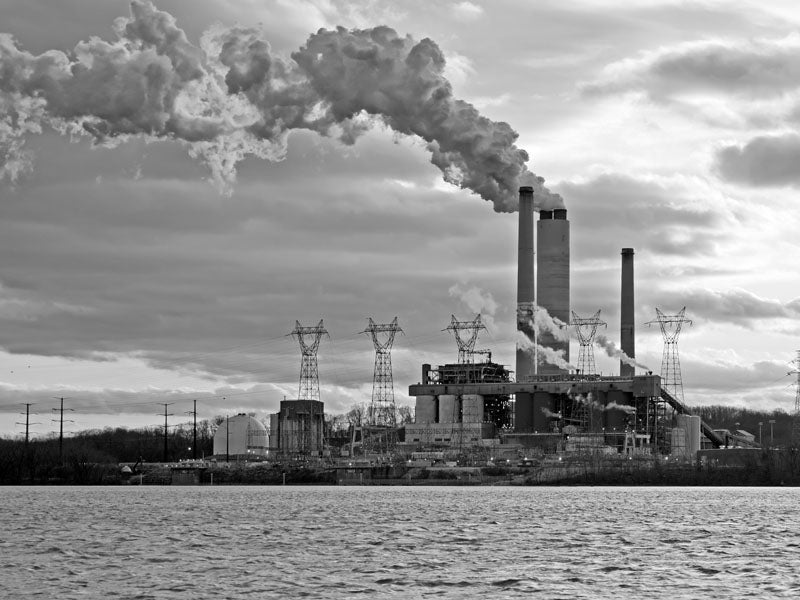EPA Forced to Close Dangerous Loopholes in Clean Air Protections
Two lawsuits led by Earthjustice mandated that the EPA stop letting industrial polluters off the hook for pollution when facilities are starting up, shutting down or experiencing “malfunctions.”

This page was published 8 years ago. Find the latest on Earthjustice’s work.
Recently, the EPA finalized a rule that closes critical loopholes in clean air protections and will help save lives and keep many people from unnecessary asthma attacks. The rule grows out of Earthjustice’s work representing several local and national environmental organizations, including the Sierra Club, in two successful cases in 2008 and 2014.
In the first case, we won a victory in the D.C. Circuit, telling the EPA that the agency could not let large industrial facilities emit pollution haphazardly when they start up, shut down or malfunction. In the second case, we won another victory against the follow-up loophole EPA created, telling the EPA it couldn’t create “affirmative defense” exemptions from clean air protections. Those exemptions would let facilities avoid paying penalties if they claimed their violations of the Clean Air Act occurred because of “malfunctions.”
Now, as a result of these wins in court, the EPA has finally changed its interpretation of the Clean Air Act to require all states to close loopholes that have contributed to dangerous air pollution—soot, smog and other toxic pollution like benzene—across the nation. In other words, the EPA’s new Clean Air Act rule is a key step toward putting clean air standards in place for all cities and counties across the United States—no excuses. Power plants, refineries, and the like won’t be able to violate the Clean Air Act and use “malfunctions” as a mulligan against monetary penalties. This is right, and this is fair. After all, the health of communities and the health of your lungs aren’t subject to any do-overs.
Communities depend on meaningful, enforceable standards to protect them from smog and other air pollution, and closing these illegal loopholes is a step in the right direction. It gives communities better protection against air pollution, and it also upholds communities’ right to protect themselves against pollution. But there’s constant pressure against clean air protections, as big business seeks to put profits over both the health of people and their right to protect themselves against dangerous air pollution. Loopholes similar to the ones the EPA recently closed still remain in rules that the EPA itself puts out, and the agency needs to finally close them for good.
Seth joined Earthjustice in 2010 and works in the Washington, D.C. office.
Earthjustice’s Washington, D.C., office works at the federal level to prevent air and water pollution, combat climate change, and protect natural areas. We also work with communities in the Mid-Atlantic region and elsewhere to address severe local environmental health problems, including exposures to dangerous air contaminants in toxic hot spots, sewage backups and overflows, chemical disasters, and contamination of drinking water. The D.C. office has been in operation since 1978.
